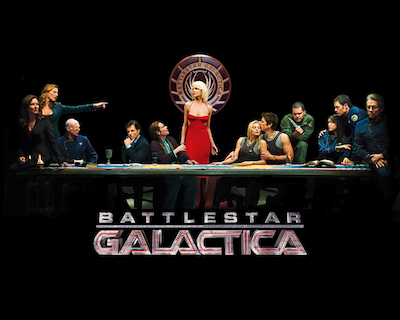Essayist Arthur Krystal on why writers are often smarter on the page than in conversation:
[W]riters don’t have to be brilliant conversationalists; it’s not their job to be smart except, of course, when they write. Hazlitt, that most self-conscious of writers, remarked that he did not see why an author “is bound to talk, any more than he is bound to dance, or ride, or fence better than other people. Reading, study, silence, thought are a bad introduction to loquacity.”
Sounds right to me. Like most writers, I seem to be smarter in print than in person. In fact, I am smarter when I’m writing. I don’t claim this merely because there is usually no one around to observe the false starts and groan-inducing sentences that make a mockery of my presumed intelligence, but because when the work is going well, I’m expressing opinions that I’ve never uttered in conversation and that otherwise might never occur to me. Nor am I the first to have this thought, which, naturally, occurred to me while composing. According to Edgar Allan Poe, writing in Graham’s Magazine, “Some Frenchman—possibly Montaigne—says: ‘People talk about thinking, but for my part I never think except when I sit down to write.” I can’t find these words in my copy of Montaigne, but I agree with the thought, whoever might have formed it. And it’s not because writing helps me to organize my ideas or reveals how I feel about something, but because it actually creates thought or, at least supplies a Petri dish for its genesis.











